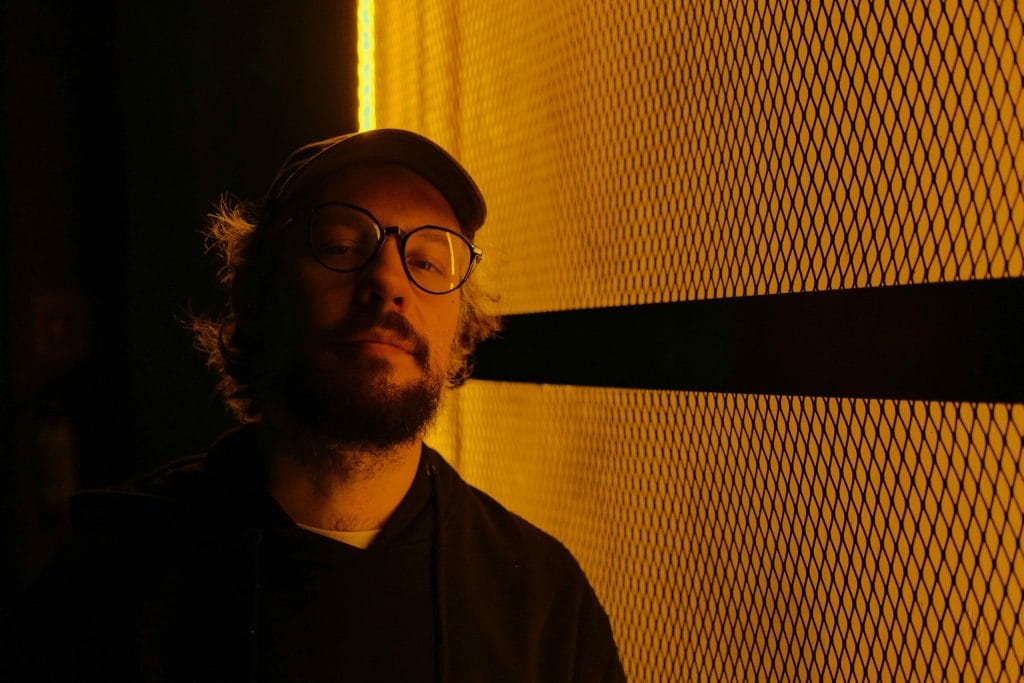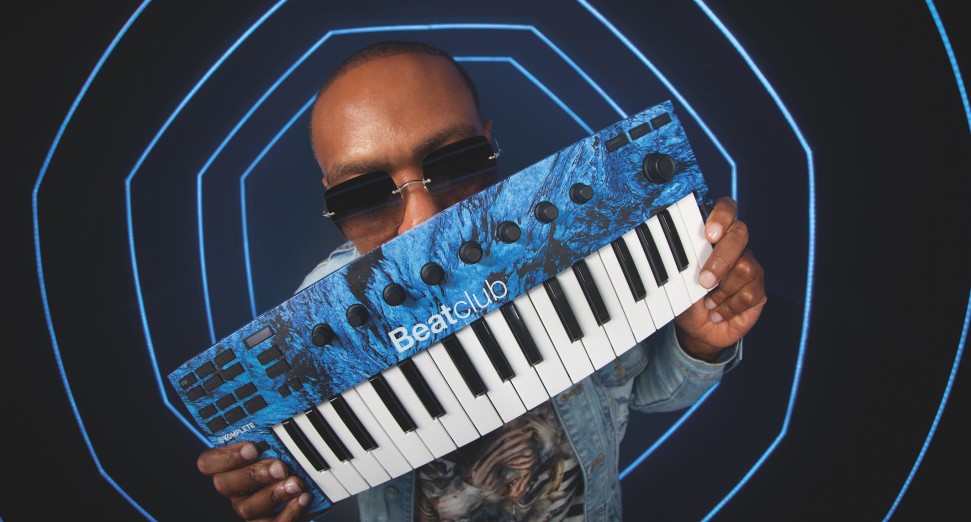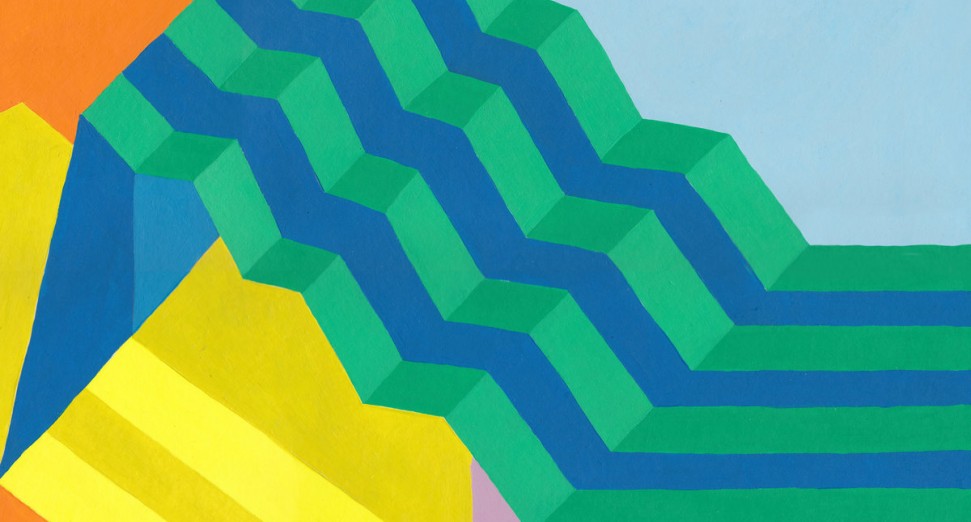
Theus Mago on MUN/SEA, AI, and Escaping the Formula
After a decade of pushing the edges of Mexico’s electronic underground, Theus Mago is entering a new chapter with MUN/SEA—his debut album, due June 6 on DGTL Records. Known for his earlier work’s dark, club-driven DNA, the producer (real name Mateo) now widens the aperture with an expressive, genre-defying LP that navigates parenthood, sonic nostalgia, and playful futurism. With contributions from his three-year-old son on the track “Kuni Kuni” and standout singles like “The F-Train” and “Casa Furiosa” already in rotation, the album offers both a return to his creative roots and a reinvention of his voice.
In this conversation, Mateo talks candidly about his evolving mindset in the studio, the cultural cycles of fear around new tools like AI, and why chasing past results is no substitute for present-tense creativity. True to form, the interview reads less like careerist advice and more like a clear-eyed reflection from someone who’s spent ten years learning how to listen again—both to himself and to the noise that once clouded his vision.
Do you approach sessions with a clean slate, or do you try to pick up where you left off?
In general, I try to work on more than one project at a time; this way, I avoid getting saturated, and I feel I maintain greater objectivity towards what I’m doing. Many times, when I enter the studio, it’s to pick up something I’ve already started. Other times, it’s not. It’s hard to say that one really starts something from zero. There’s no such thing. Art is about replicating, whether consciously or unconsciously. That’s why copyright laws are obsolete and archaic.
The creative process is like a Play-Doh museum, where everyone can grab whatever sculptures they want and transform them, mixing them freely to create something new and unique. The moment you exhibit your result, the sculpture stops being yours. It no longer belongs to you; it belongs to the Play-Doh museum, and now anyone can use it to create something new and unique.
What’s changed in how you walk into the studio now compared to a few years ago?
I think the most important change has been in regard to my personality. I’ve managed to reduce the noise around me, around my creation. The criticisms, compliments, etc… it was very easy to affect my decision-making capacity. My artistic integrity was weak. Now, I think I have a clearer idea of what my path is, where I want to go and what I want to avoid.
How do you stay open to what’s different today, even if the setup hasn’t changed?
I’ve always tried to avoid falling into the “that new technology is dehumanizing” trap. Saying that is putting limits on your imagination, which doesn’t make sense since, unlike the tangible world, imagination has no limits. If you look at the evolution of art, new tools play an essential role in advancement and in breaking stagnation.
A hundred years ago, recorded music changed the landscape, creating a new industry. People thought it was the end of live music. Eighty years ago, it was electric guitars. People thought it was degenerative, that it was just noise. Forty years ago, it was synthesizers, drum machines… people talked about “dehumanization.”
This last thing is repeating itself, now with artificial intelligence. It’s possible that it is just as disruptive as recorded music was 100 years ago, and this new technology will completely transform the industry. But creativity won’t die, and now it’s the artists’ responsibility to adapt and find new ways to innovate using this tool.
Have you ever tried to recreate a past result — and it backfired?
There’s a thin line between repeating yourself and seeking to replicate success and repeating patterns or concepts in order to define a musical identity. I’ve thought about the first one, and I’ve tried it, but I haven’t gotten anywhere. The second is difficult, but that’s where I put my energy.
What helps you notice what’s new about a tool or sound?
Experimentation. Playing. Trial and error. There’s nothing more.
How do you make sure you’re actually responding to the moment — not just chasing what worked last time?
It’s somewhat inevitable to try to replicate things that have worked for you in the past, especially in a genre as utilitarian and pragmatic as dance music. We all have our tricks, which we refine over time and are an important part of artistic identity.
When those tricks become the foundation of your production, then you’re not really creating anymore, you’re just recycling yourself. To create, you need to absorb and transform matter from the outside, not just from the inside. The important thing is not to lose the exploratory desire, the alchemy.
What would you tell someone trying to repeat a win instead of staying present?
Money isn’t everything. It might be that using formulas works for you for a while, and you get results. But that’s how the tree of ideas dries up. Eventually, you’ll lose interest, and if you don’t do something about it, you’ll probably also lose the desire to make music.



